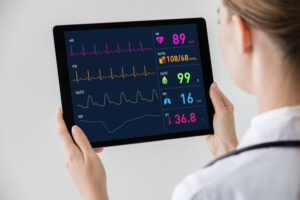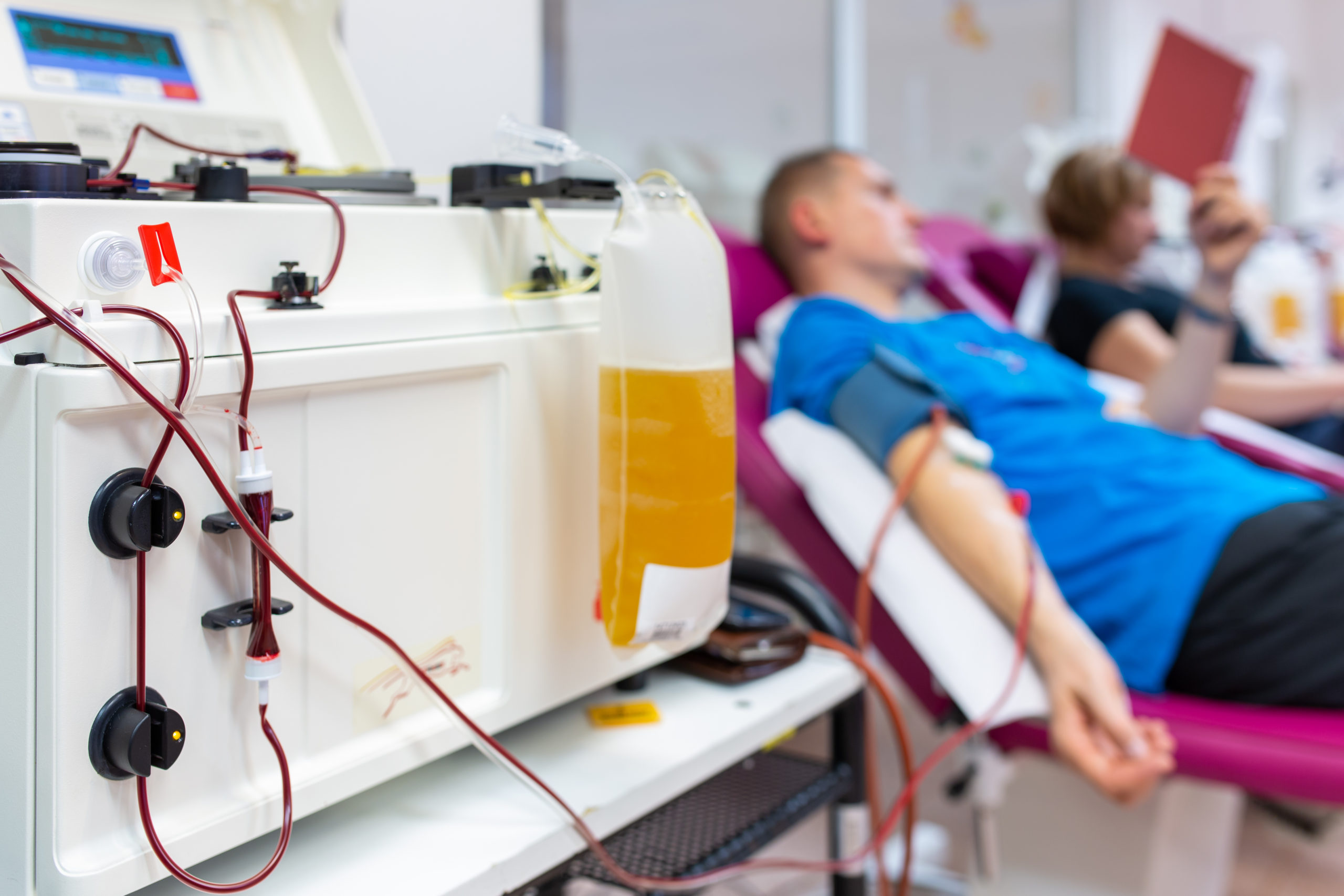Plasma donation is distinct from whole blood in that the result consists of roughly “10 percent proteins and the remainder in water.” When you know you’ll be giving plasma, it’s vital to indulge in plenty of water and an iron-enriched and protein diet before going. This healthy meal should be consumed approximately two hours before heading to the clinic.
Alcohol for plasma donors should be avoided since this promotes dehydration. Any alcoholic beverages should be stopped 24 hours before the donation. This needs to continue after the donation. The suggestion is to continue abstaining from alcohol after giving plasma for as long as eight hours to allow your body to recover.
The objective is to hydrate with as much water as possible the day before and in the days following the draw since it will deplete your water levels. Alcohol is responsible for stripping your body of essential nutrients and electrolytes, plus dehydrating you. When consuming these beverages following donation, it can severely delay recovery.
The objective is to recoup fluids lost in order to bring the volume back to normal. Let’s learn more about plasma donation and discover why you can be rejected as a potential donor for the program.
Table of Contents
ToggleWhat Is Plasma Donation, And What Makes You Eligible To Give?
Whole blood and plasma donation are incredibly safe invasive processes with the intention of saving lives in treatment settings like hospitals worldwide. When making a whole blood donation, you can do so roughly every “56 days” safely. The time frame between draws allows regeneration of the blood supply and the replenishment of iron.
With blood plasma donations, only the plasma is drawn. This will regenerate within no longer than 48 with the requirement to merely wait 24 hours between donations. The FDA, or Food and Drug Administration, has a “seven-day regulation for authorized donors with only two draws within a given seven-day time frame.”
The governing body created this stipulation to ensure donors gave their bodies enough time to “recover and for plasma to regenerate.” The priority also is to ensure that the people presenting to donate are optimum candidates.
What Are Reasons For Being Rejected As A Donor
For anyone signing on to be a routine donor hoping to maximize their draws, it’s beneficial to educate on the scenarios where you would be “deferred” as a candidate or rejected from giving plasma. Following are the common reasons clinics will avoid using individuals for plasma donations.
The individual recently indulged in alcoholic beverages

Donors will be avoided if they attempt to give blood plasma while intoxicated or drink the day before a draw, even though the plasma is not negatively affected. Alcohol is not like many drugs in that it won’t bind to plasma; however, when being screened, the precautions on the part of the clinic staff will likely be to reject the candidate.
Informed consent needs to be offered with a clear mind. When under the influence of alcohol, your perception is unclear, disallowing you to give adequate consent as a donor. You will also be hindered in relaying your health history, leaving not only yourself at risk but also the recipients.
In that same vein, your safety comes into question considering plasma roughly consists of “90 percent water,” leading to dehydration. With alcohol being a diuretic, you will already be dehydrated, lacking nutrients, and at a loss of electrolytes.
Donating could cause lightheadedness, a sense of dizziness, or the potential for a collapse, thus the strong recommendation that donors abstain from alcohol for 24 hours before donating.
For further safety guidelines, the individuals accepted as candidates are advised to remain alcohol-free for roughly eight hours or longer following a draw so the body can recover.
What are other reasons for the rejection of a donor? Let’s learn.
Are your vital signs within normal ranges?

The clinic will do a preliminary screening before a donor can have a blood plasma draw. The screening will measure vital signs like pulse rate and body temp. The screening will also check for blood pressure despite not being a standard part of the vital sign checks.
If these tests fall within a specified range, it gives the clinic an indication of your health status in order to determine whether you’re a good donor candidate. What would constitute suitable ranges in the varied testing categories include the following:
1. Blood pressure
120/80 mmHg – the indication is that donors will also be permitted to give blood plasma with ranges that fall “below 160/100 and above 90/50”
2. Body temperature
The range for body temperature to be considered adequate for blood plasma draw is between
“97o F (36.1o C) to 99o F (37.2o C)”
3. Pulse rate
An average pulse rate should range between 50 and 100 bpm.
Donors will be assessed by screening for piercings and tattoos to determine how recently these were received. Getting piercings or tattoos within 12 months can result in being deferred from the program for roughly six months. The reason for this is due to the invasive nature since each involves the use of needles.
The clinics must err on the side of caution not only for you but the recipients ensuring there is no threat for anyone to contract an infectious disease. Modern practices make these minor procedures safer with minimal chance of problems, but the medical community must keep everyone safe.
Final Thoughts
Donating plasma is a straightforward and safe process that has the potential to assist in saving many lives. The responsible donor will ensure to follow all the recommendations not only for their own safety but for the security and safety of the recipients.
If you choose to arrive intoxicated or drink before the draw, you could give an inaccurate health history to the clinic staff, potentially endangering others. In that same vein, you’ll be putting yourself at significant risk if you drink following a donation before your body has a chance to fully recover.
Dehydration alone can be incredibly dangerous. It’s vital to allow yourself to regenerate your nutrients and bring your hydration levels back to normal. If you want to do something good for other people, make sure that you do so responsibly.

I am a passionate beer connoisseur with a deep appreciation for the art and science of brewing. With years of experience tasting and evaluating various beers, I love to share my opinions and insights with others and I am always eager to engage in lively discussions about my favorite beverage.
















